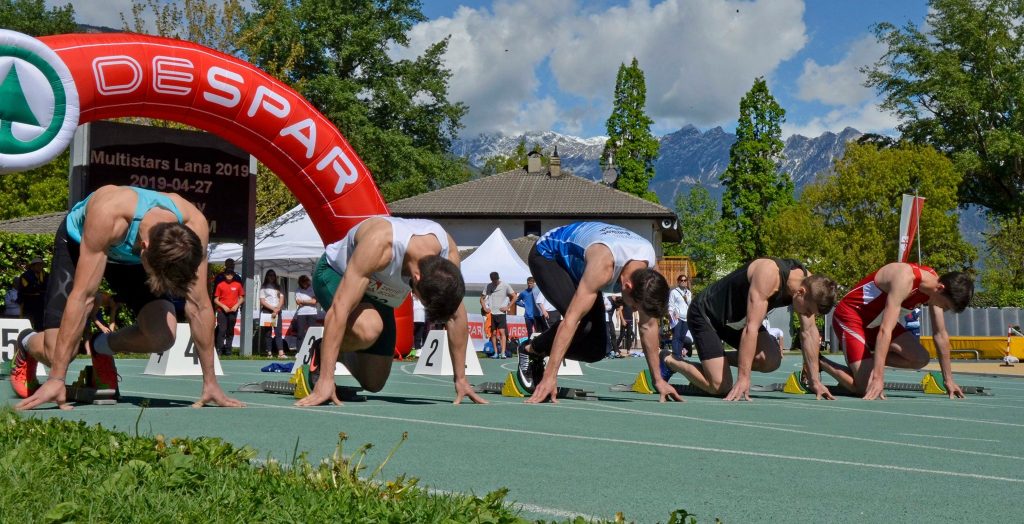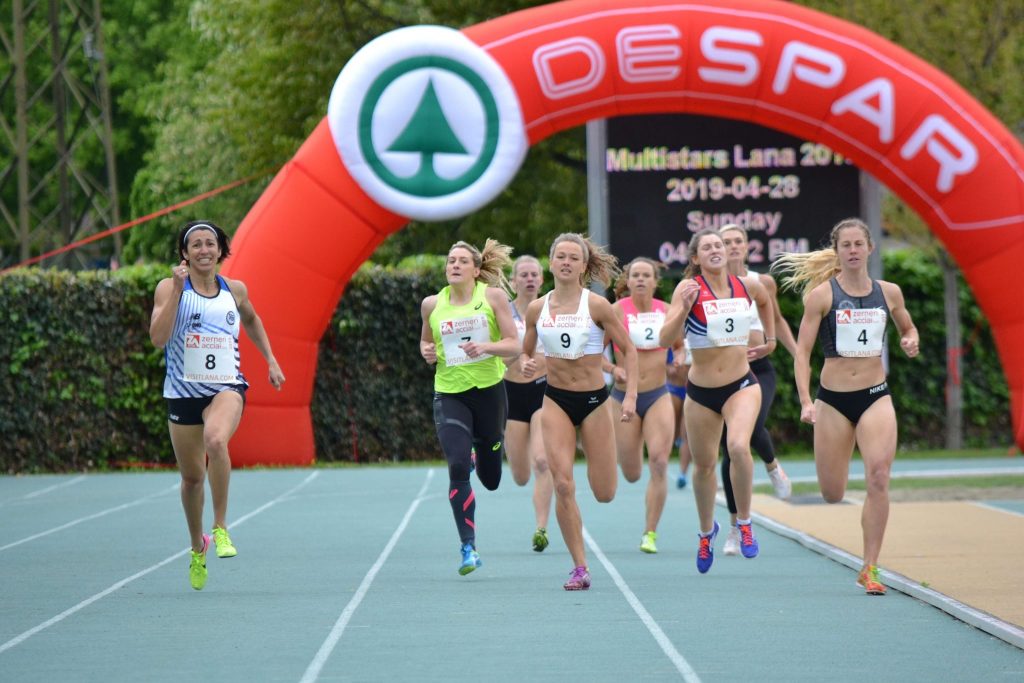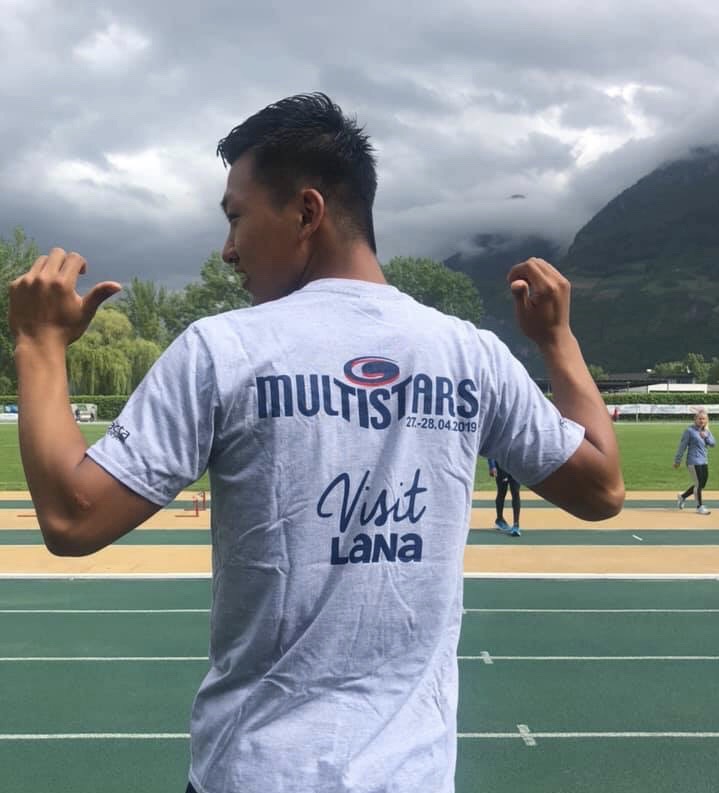With valuable ranking points up for grabs for Olympic qualification, the 2020 Multistars meeting was more popular than ever. But as Italy experienced the full impact of the arrival of coronavirus in Europe, Multistars was also the first competition to deal with the rapidly changing circumstances. And finally, this week the news came that the meeting was cancelled.
Our dear friend Barbara Lombardi, Multistars Meeting Director, tells us the story of her experience over the last few months. Health and hope, hand in hand.
BARBARA
The preparation for the 33rd edition of the Multistars meeting seemed to have started very well. Already before the World Championships in Doha in October 2019, we had received some requests for participation in April 2020.
For the second consecutive year the Multistars stage would have been in Lana (Bolzano), a small and very hospitable village in South Tyrol, and would have opened its doors to the Supermen and Wonderwomen of the international combined events. The meeting was scheduled for 25th and 26th April 2020.

As for every edition, at the beginning of the winter preparation, my father (Gianni Lombardi, historic organizer of the Multistars meeting) and I had sent the invitation to participate to many athletes.
The answers were not long in coming – we immediately noticed that the athletes wanted the opportunity to qualify for the Tokyo Olympic Games from the beginning of the season.
In December, we already had a full start list, and in February we had requests that would have taken us much higher than our maximum capacity limit. The athletes registered for the 33rd edition of the Multistars meeting came from 32 nations, on 5 different continents.
The waiting list was also full!

Unfortunately, suddenly came the news that the Covid-19 virus was beginning to spread from China, and Italy seemed to be the target. The “red areas” began with Lombardia and Veneto.
My father and I went to Lana – we live on the shores of Lake Garda which is about 200km away – to have a meeting with the local association SV Lana Raika. One of the important points we considered was the transportation of athletes from the airports. We decided to avoid bringing the athletes and their coaches to the “red zone” (Milan and Venice), despite the fact that they were closest to Lana. Instead, we would get them to Innsbruck and Munich airports. We had informed the local and regional health authorities of the presence of world-class foreign athletes at the end of April, so that they could help us with the situation.
The new airports were communicated to all athletes, federations and managers. We periodically kept them informed about the health situation as the whole Italian territory turned into a red zone, and regulations were put into effect by the Italian Government.
We did not hide our concern as we realised, with every passing day that, the conditions for organizing the meeting while maintaining the safety of the athletes, coaches and even ourselves were at risk.
Later, it was decreed that the epidemic had become a pandemic. The limitations became gradually and increasingly severe until the borders were closed, and many airlines had reduced or cancelled flights to contain the infections.
All options for activities were closed. There was no possibility to leave the house and go to a neighbouring country.
The situation quickly escalated. With much sadness, and after consulting with all the members involved in the organization, we decided that the Multistars meeting could not go ahead.
The regret is very much that we could not honour our commitment with World Athletics, whom we had to inform that the first event of the Combined Events World Challenge had been cancelled. Many other important competitions after ours have also been cancelled, but that is little consolation.
We always had hope that the situation would improve, but unfortunately it was not so. After communicating the situation to the athletes, some wanted to compete despite the pandemic situation. But first and foremost, our priority is the safety and health of the athletes and their coaches.
Our thoughts go to all the athletes who are forced to “prepare” in quarantine. We hope that the situation will return to normal as soon as possible. We hope that athletes can return to competition soon, to qualify and compete in the Olympic Games (if they take place). All of them deserve to participate.
We wish so much health to all of you who are reading this, and to your families.
Barbara Lombardi



